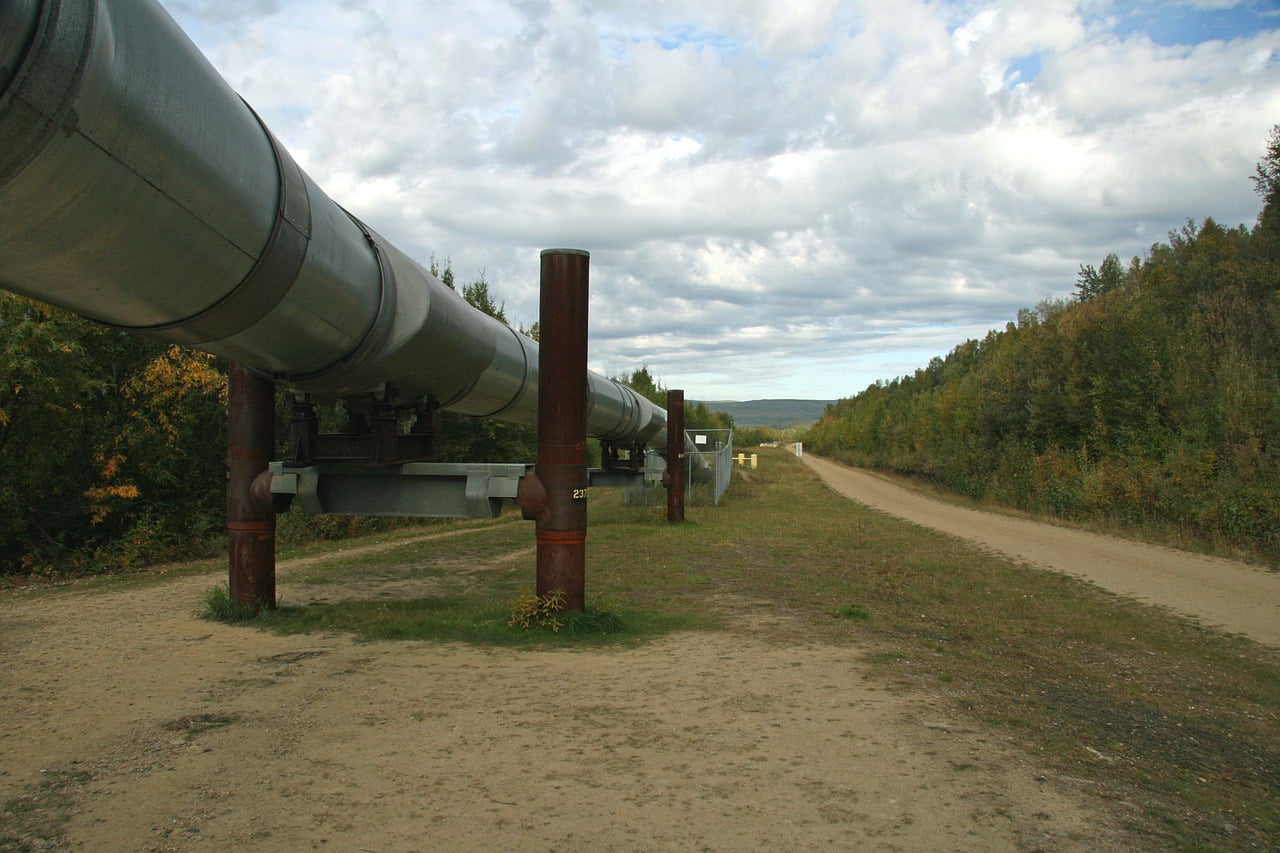The European energy crisis is throwing a spanner in the economic recovery of the region, given the escalation of natural gas prices and the lack of reserves. Amid the situation, U.S.-based fertilizer company CF Industries Holdings, Inc (NYSE:CF) announced it would stop production at its U.K. facilities.
Q2 2021 hedge fund letters, conferences and more
European Energy Crisis
U.S. fertilizer producer CF Industries has been forced to halt production at two U.K. factories due to the high price of natural gas.
Some analysts point out that other companies might follow similar steps to avoid producing at a loss, as the inflation in raw materials increases the risk of a derailment of the economic recovery.
The Illinois–based company blames the high prices of natural gas and has not set a date to return. CF Industries is a major fertilizer producer and in today’s global outlook, its decision to stop operations in the continent could have major consequences.
CF primarily produces ammonium nitrate, which will affect international prices, according to experts.
Julia Meehan from ICIS –a commodities intelligence consultancy– told the Financial Times: “The fact of the matter is you need gas to make ammonia, and you need ammonia to make just about every nitrogen fertilizer.”
“CF Industries have got such a standing among the global fertilizer sector that others are now likely to do the same.”
Great Impact
Such a decision is only made by a company when producing at high costs causes large losses. According to Bloomberg Intelligence analyst Alexis Maxwell, the most negative aspect is the message that the whole matter sends to the rest of the competition amid the European energy crisis.
"The market will read this as other European producers are likely to close, and nitrogen prices will continue to rise due to a tight supply.”
Prices of main fertilizers worldwide are already at a high and have further exploded after Hurricane Ida in New Orleans. Diammonium phosphate (DAP) rose to the highest since 2008 and urea, which is based on nitrogen, also jumped.
"We wouldn't be surprised to see more nitrogen and chemicals production across Europe idled in the coming days until gas prices moderate,” says Joel Jackson, analyst at BMO Capital Markets.
High fertilizer prices pose problems for the economy, as farmers already bear a strong increase in transport fees, plus the rising costs of chemicals used in harvesting.
The situation is expected to increase food prices, right after the Euro zone had recorded a 3% inflation, the highest in a decade.






